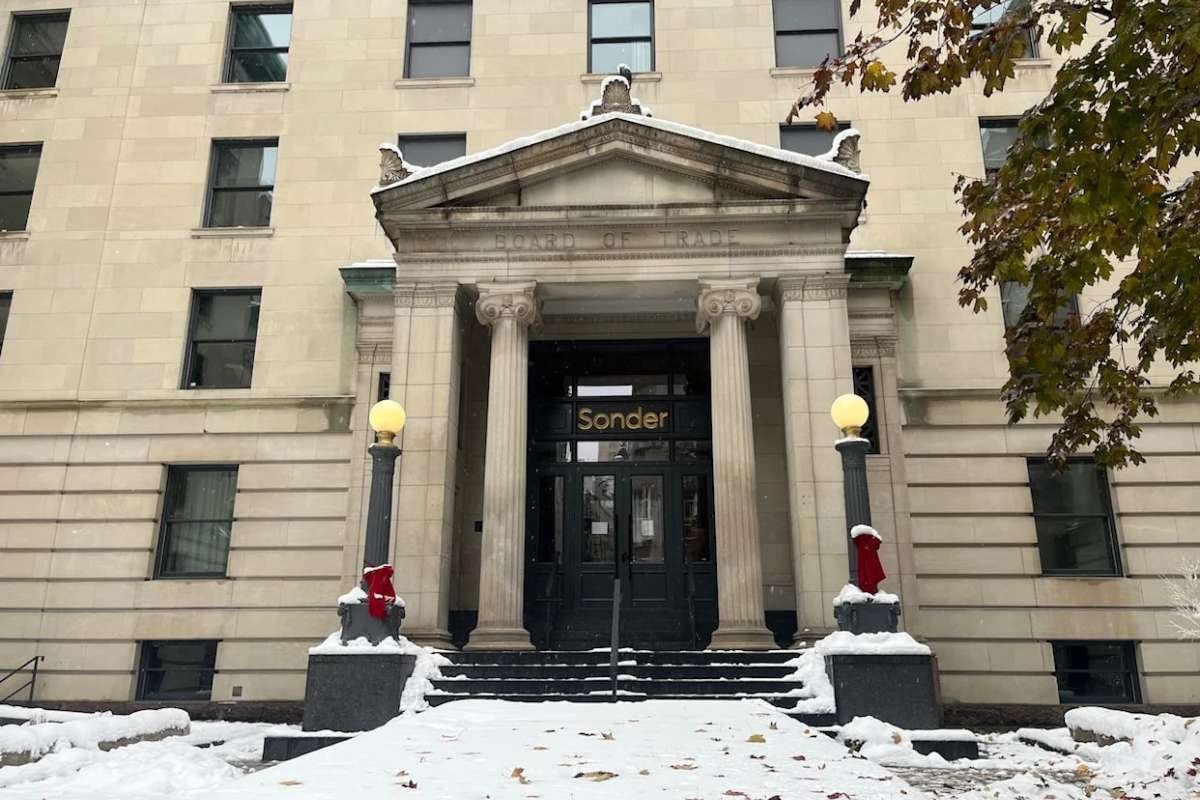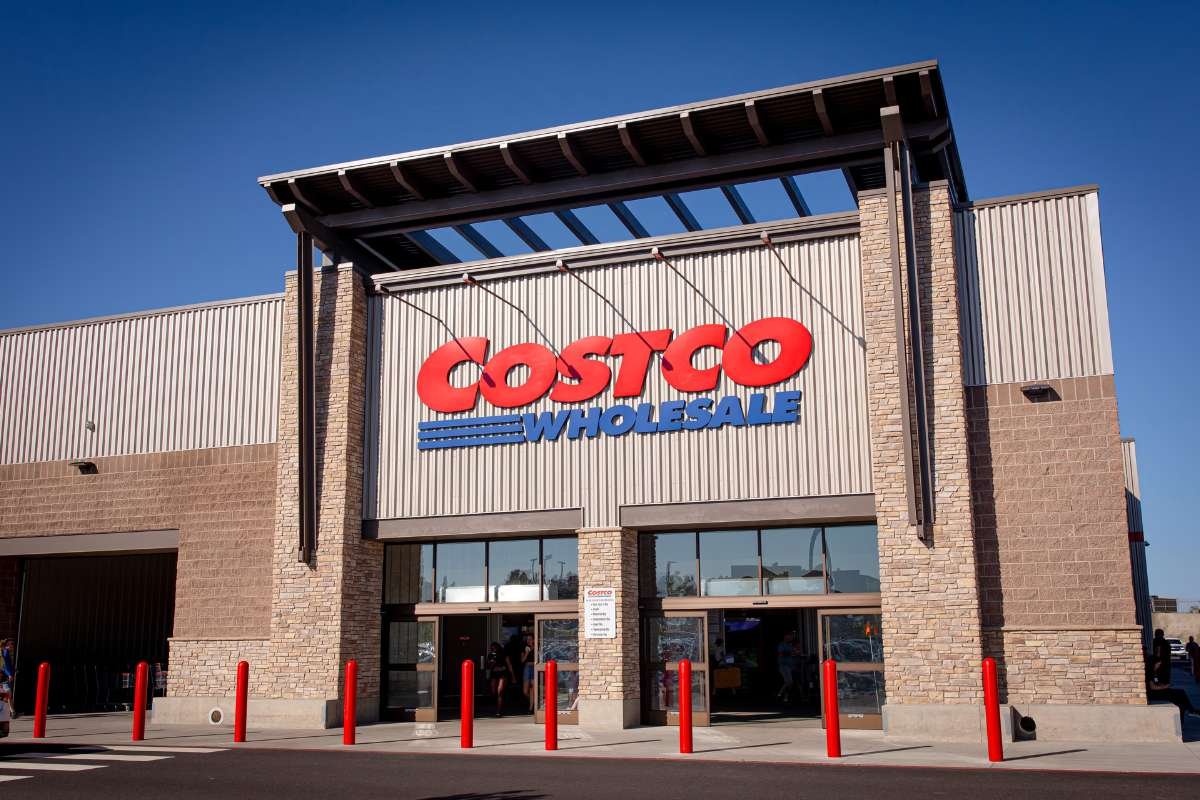Key Points:
- Sonder shut down, guests stranded.
- Collapse from lost partnership, rising costs.
- Exposes risks in asset-light lodging.
Accommodation company Sonder’s collapsed suddenly, leaving thousands of guests across multiple cities in an unexpected and stressful situation. Many travelers reported being locked out of their rooms mid-stay or asked to vacate with little notice, prompting confusion and frustration. Guests who had planned extended stays were forced to find last-minute alternatives, while some were unable to access refunds immediately.
The sudden disruption stemmed from the collapse of Sonder’s leasing agreements and partner contracts, which had allowed the company to operate properties in multiple markets. Travelers who assumed they were booking through a reliable system were instead confronted with unstaffed apartments, non-functioning door codes, or locked units. The scale of the disruption highlights how quickly financial and operational instability in hybrid lodging models can impact consumers, particularly when the operator serves as both landlord and service provider.
Partnerships and Operational Failures
A critical factor behind Sonder’s collapse was the termination of a long-standing partnership with a major hotel group, which had previously allowed Sonder-managed apartments to be listed through the hotel’s booking channels. The removal of this inventory significantly reduced the company’s market visibility and affected its revenue stream.
Sonder’s collapse acknowledged that multiple operational challenges had made its business model unsustainable. Rising costs, system-integration issues, and declining occupancy rates all contributed to a precarious financial position. While guests who booked through official channels are reportedly receiving refunds, those who used third-party platforms face more complex recovery procedures, often requiring them to coordinate with credit-card providers or travel insurers.
The sudden shutdown has exposed vulnerabilities in the so-called “asset-light” lodging model, where companies operate properties without owning them, relying on leases, franchises, or partnerships. While this model allows rapid expansion, it also increases exposure to financial shocks, contractual disputes, and operational failures.
Broader Impact on the Hospitality Sector
The Sonder’s collapse has broader implications for the hospitality sector, especially for hybrid models that combine serviced apartments with franchise hotel branding. Many guests expected the consistent quality and support associated with hotel standards, but were instead confronted with unstaffed flats and minimal customer support. The resulting frustration and public complaints underline the reputational risks faced by partner brands when third-party operators fail.
Travel-industry experts note that the incident highlights the need for stronger consumer protection measures in short-term rental and hybrid lodging markets. Guests increasingly rely on branded assurances when booking, and failures of this scale can erode trust in the wider sector. Regulators and consumer-rights bodies may now scrutinize operational practices, financial transparency, and guest safeguards to prevent similar incidents in the future.
For many travelers, the experience has been a harsh reminder of the risks associated with booking accommodations through operators that lack sufficient financial backing. While refunds and alternative arrangements are being pursued, the event serves as a cautionary tale for both consumers and the growing hybrid hospitality industry.
Visit The Enterprise World for the most recent information.


















